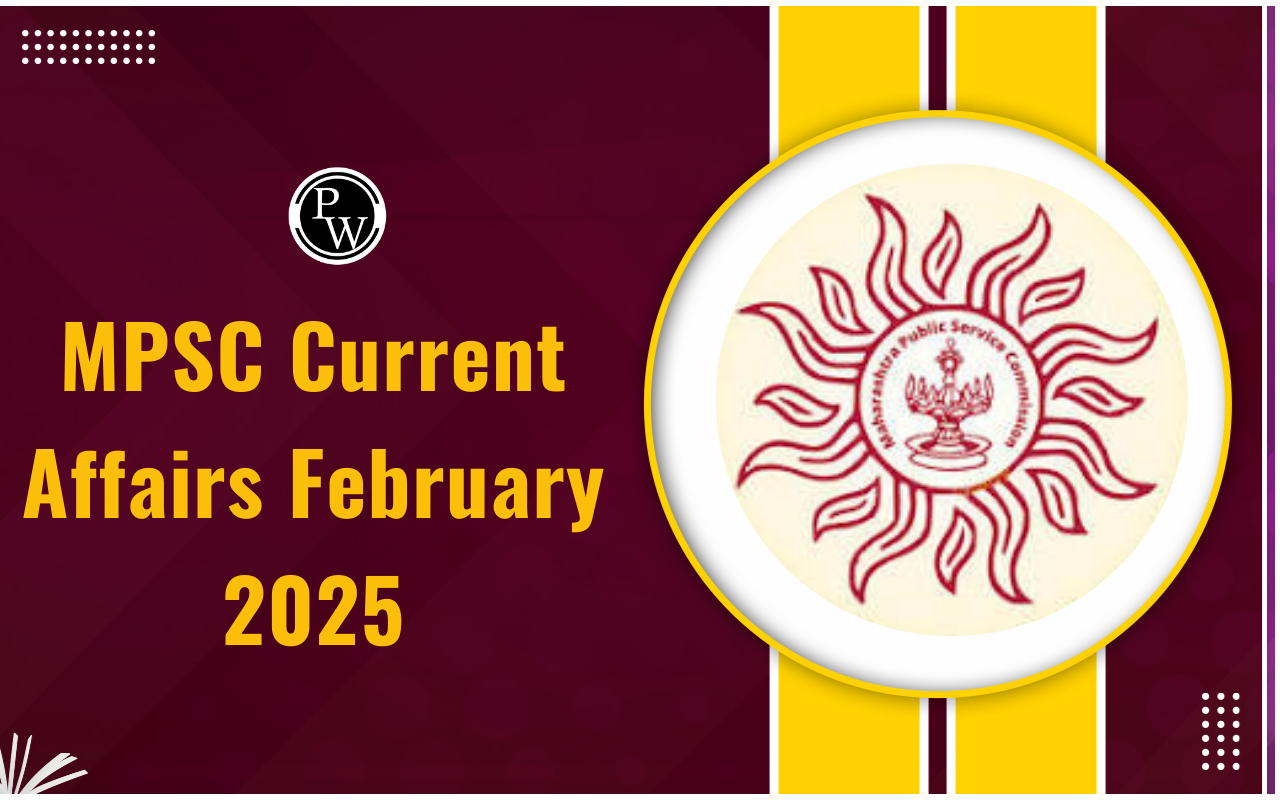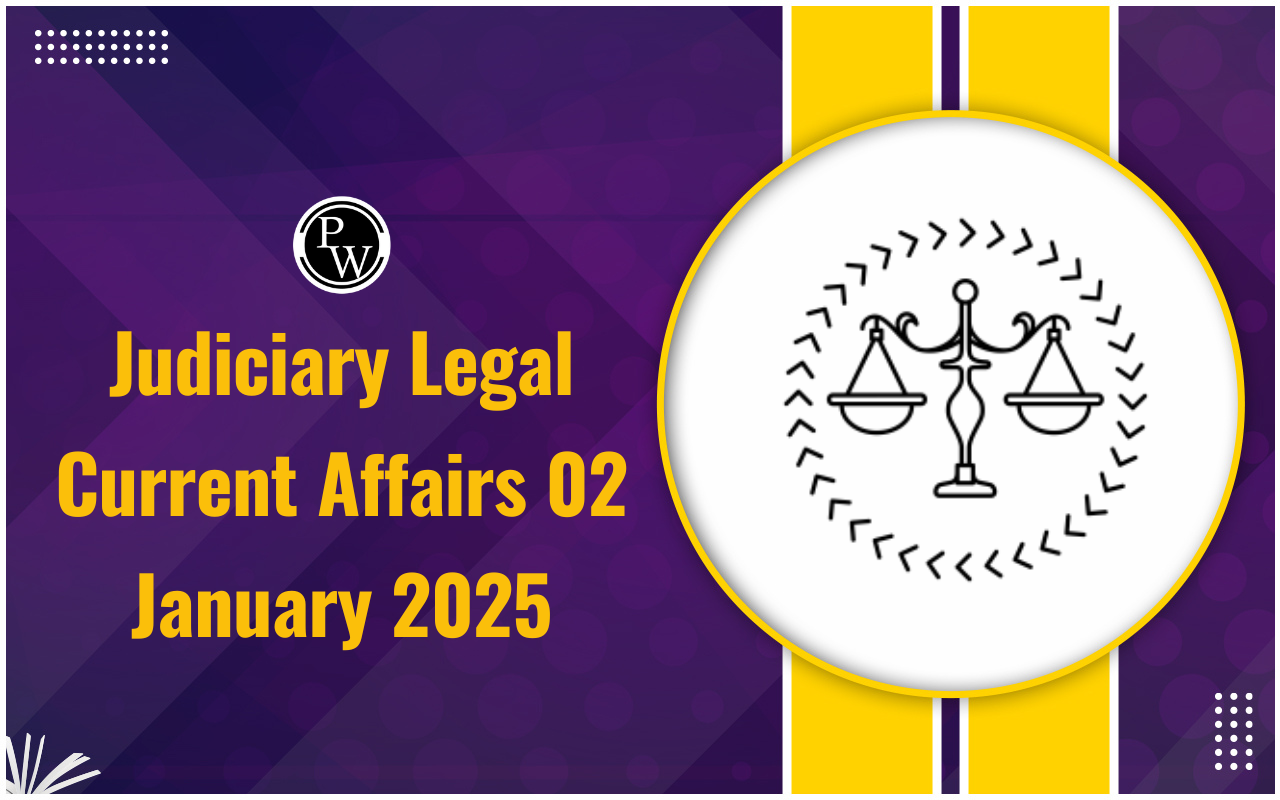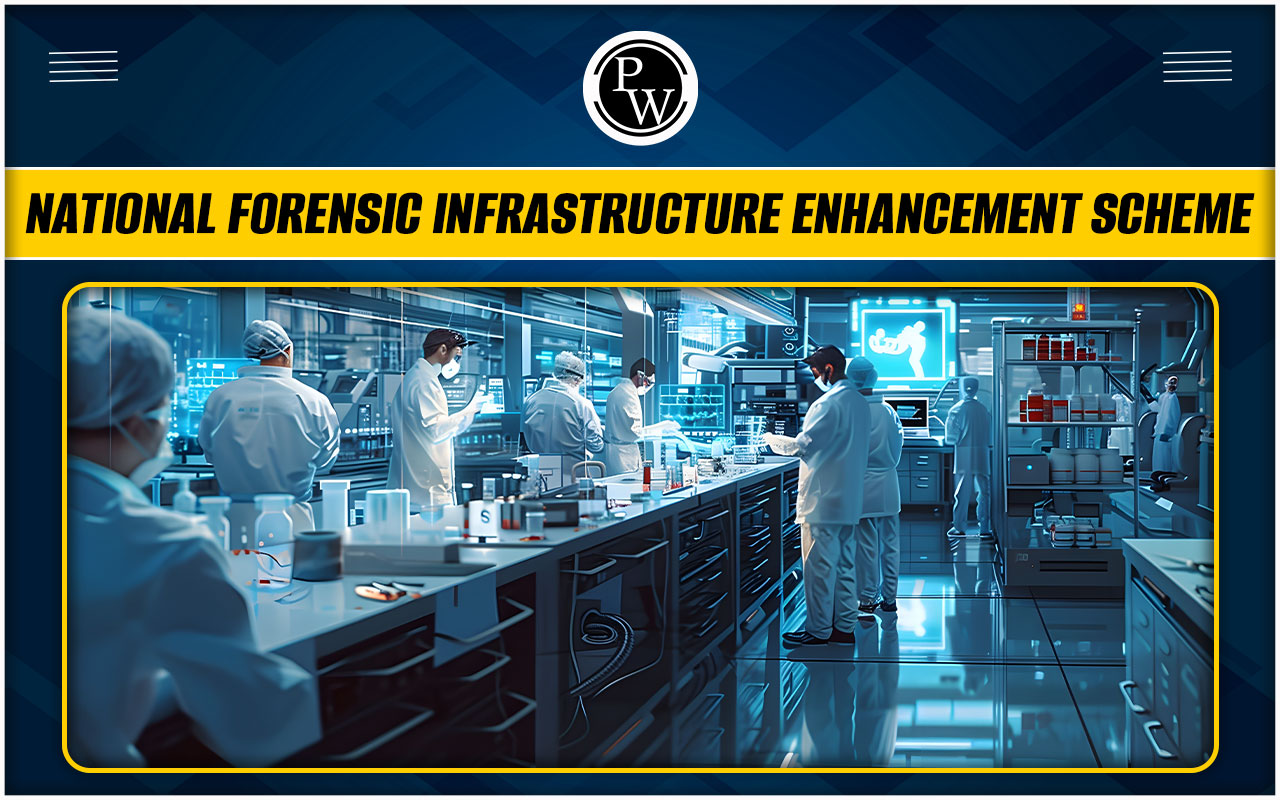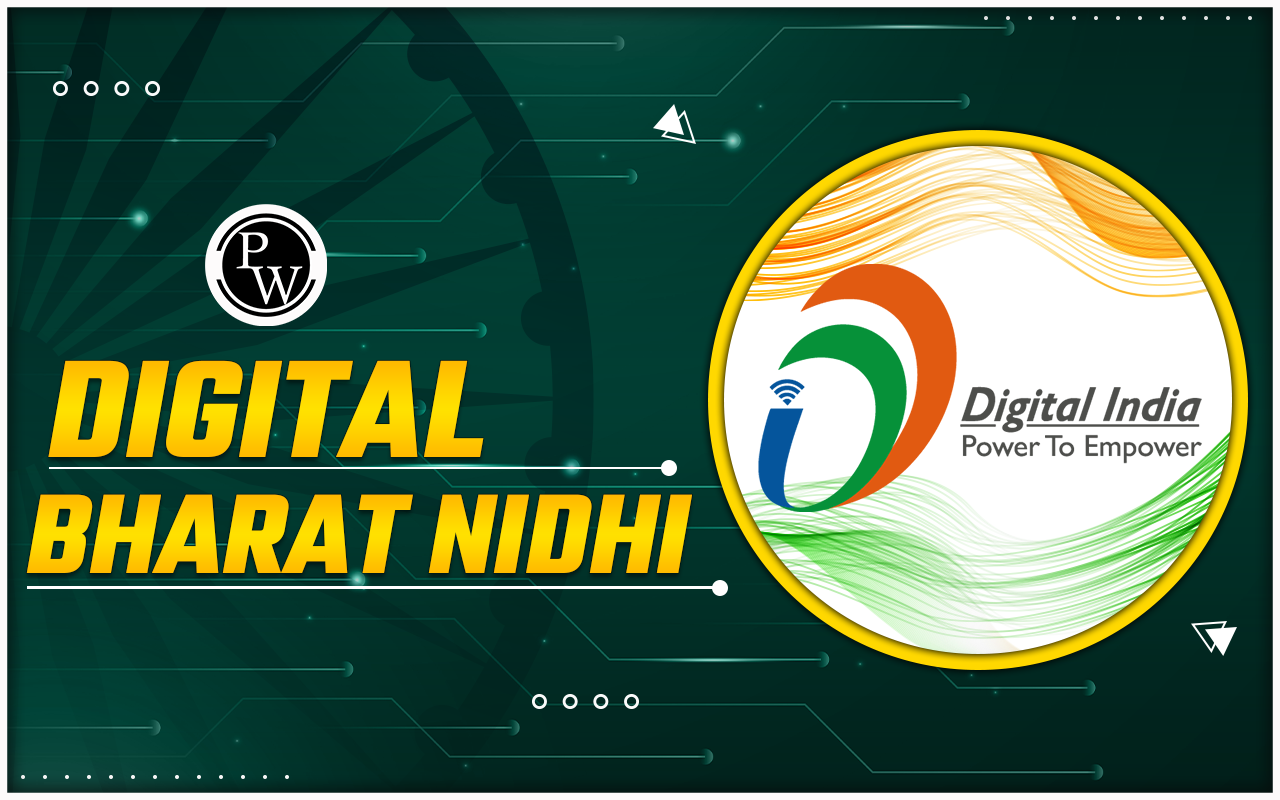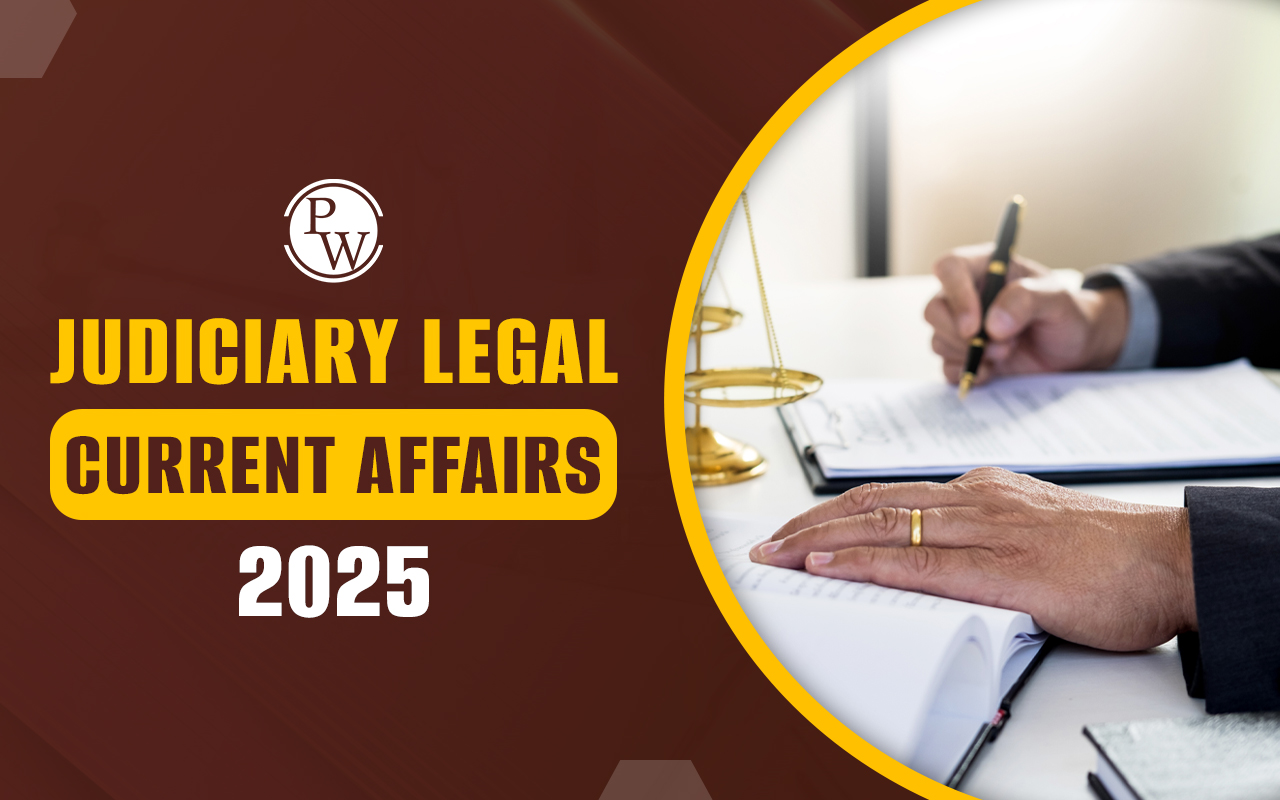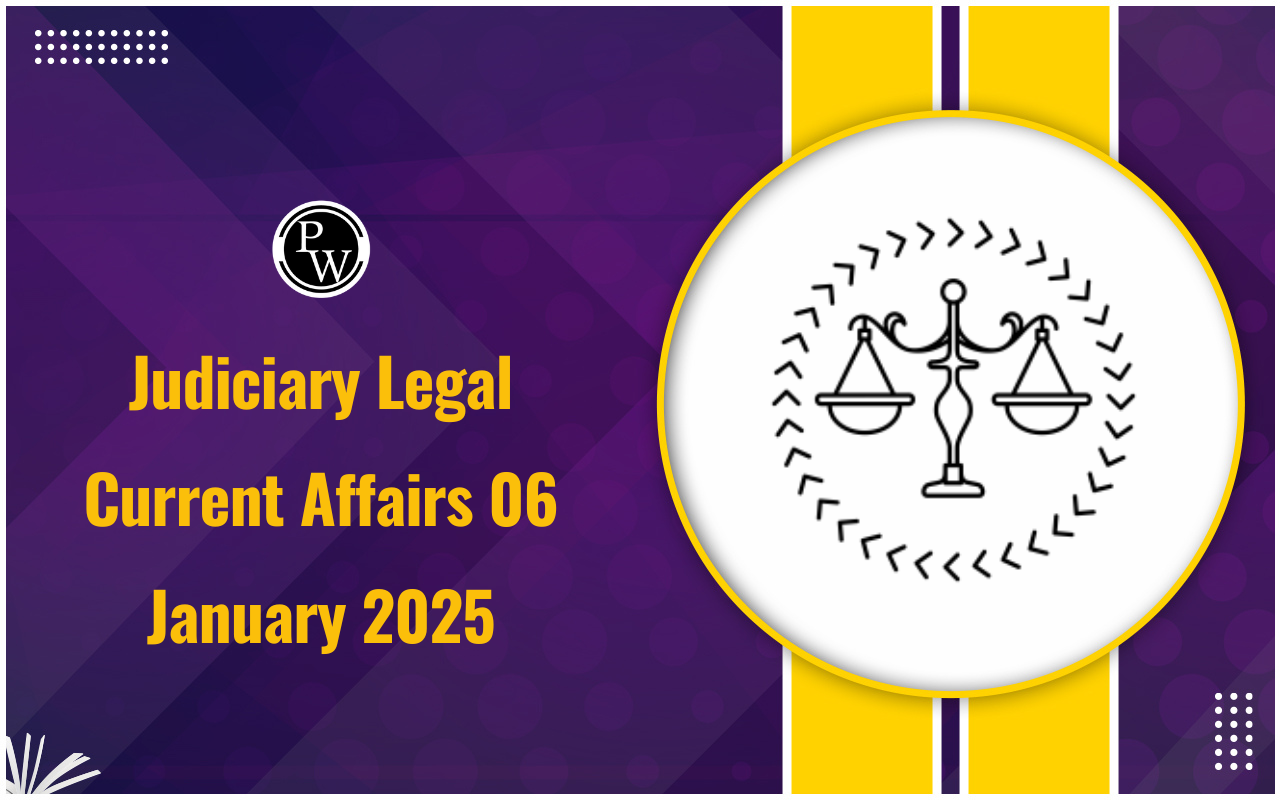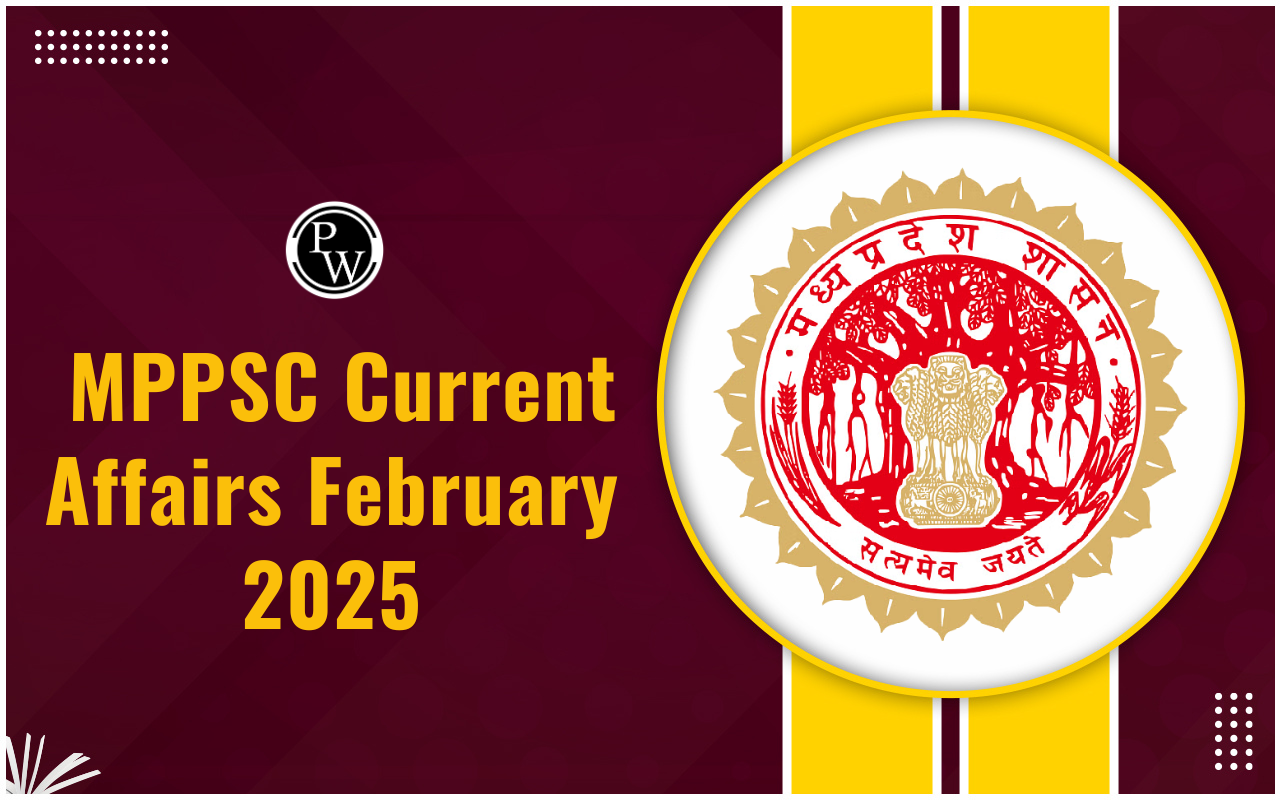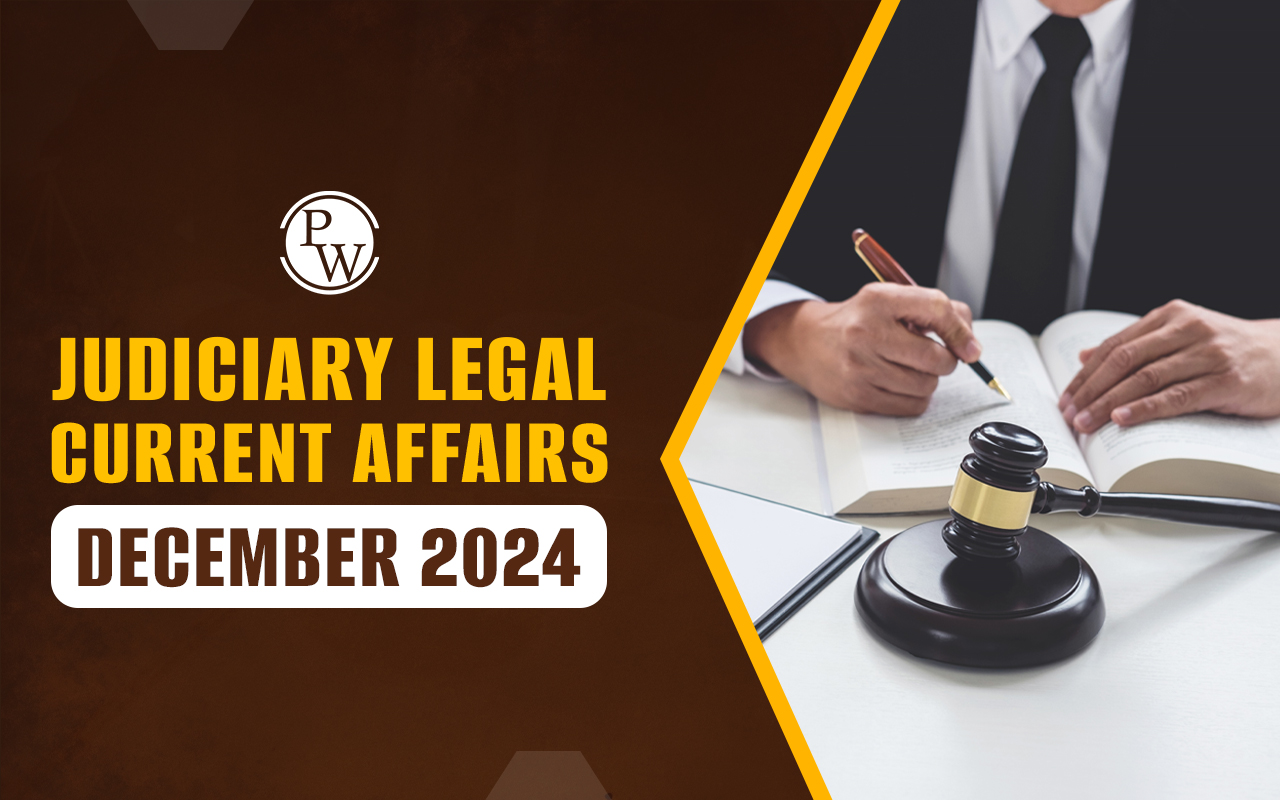
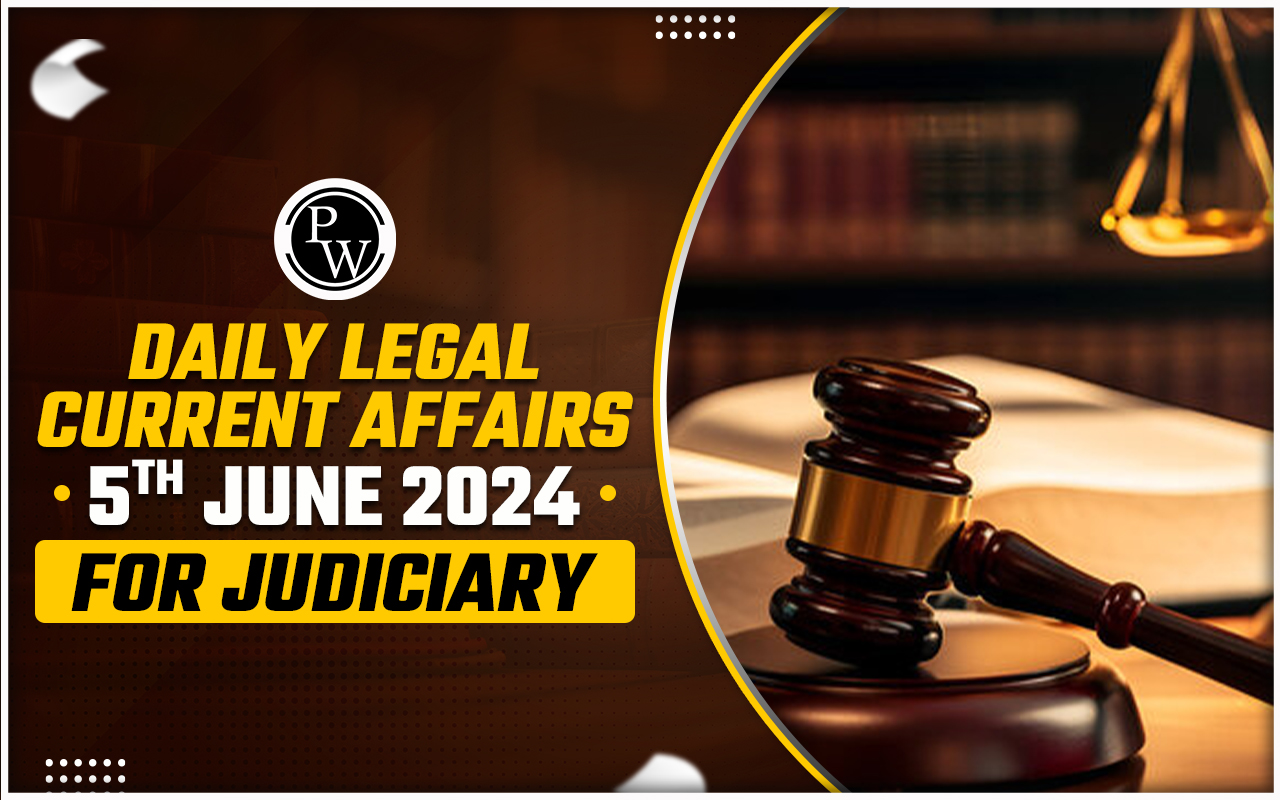
J Rajkumar v. The Authorisation Committee (Transplantation)
-
- FORUM: Madras High Court
- BENCH: Justice GR Swaminathan
-
FACTS OF THE CASE
- A plea was filed by J Rajkumar, against the order of the Authorisation Committee (Transplantation), Coimbatore Medical College & Research, rejecting approval for organ transplantation.
- The committee rejected the application on the grounds that the donor was not a near relative.
- COURTS OBSERVATION
-
-
- The Madras High Court called for taking a uniform liberal approach while dealing with applications for transplantation of Human organs.
- Justice GR Swaminathan noted that while the applications from some hospitals were easily accepted, the applications from some hospitals were rejected.
- In processing the application it is necessary to comply with the principles of natural justice as the rights of the patients are at stake.
- If an adverse order is passed, an element of disqualification is attached to the donor. The rights of the patient are at stake. That is why it is necessary to comply with the principles of natural justice. If any doubt crosses the minds of the members of the committee, the applicants must be put on notice and given an opportunity to explain.
- The applicants cannot be expected to prove that the donation was not out of love and affection and that the altruistic motive of the donor should not be doubted in the absence of definite material.
-
- Principle of Natural Justice
-
-
- Natural Justice represents higher procedural principles developed by judges which every administrative agency must follow in taking any decision adversely affecting the rights of a private individual. It is a concept of Common Law and implies fairness, reasonableness, equity and equality.
-
- Principles of Natural Justice
-
-
- ‘Nemo judex in causa sua’: No one should be made a judge in his own cause and the rule against bias.
- ‘Audi alteram partem’: It means to hear the other party or no one should be condemned unheard.
-
Rajesh & Ors. v. State of Rajasthan
-
- FORUM: Rajasthan High Court
- BENCH: Justice Anoop Kumar Dhand
- FACTS OF THE CASE
-
-
- The Superintendent of Police, Karauli, through the Public Prosecutor had submitted an application under Section 169 of Code of Criminal Procedure before the Court of Additional Judicial Magistrate, Karauli to release the Accused/Petitioners since the evidence against them was deficient.
- The Magistrate rejected the application on the ground that the charge sheet was already filed against the petitioners and provisions of Section 169 of Code of Criminal Procedure could only be attracted before the submission of the chargesheet.
- Prosecution submitted another application under Section 321 of Code of Criminal Procedure before the Court of Sessions Judge, Karauli for withdrawal of prosecution against the Petitioners.
- This application was rejected by the Sessions Judge. The same was also rejected on appeal before the Rajasthan High Court and later by the Supreme Court.
- The Sessions Court discharged the accused of all charges.
-
- ISSUE FORMED BY THE COURT
- Discharge of the accused and framing of charges under Sections 227 and 228 of Code of Criminal Procedure .
- Role of Public Prosecutor under Sections 225 and 226 of Code of Criminal Procedure .
- COURT’S OBSERVATION
-
- At the stage of framing of charges against the accused, it is enough to show that there is a prima facie case and that there are sufficient grounds available to proceed against the accused. Even strong suspicion is enough to frame charges.
- The evidence is not required to be analysed as it is required to be done after the completion of the trial.
- It is for the Sessions Court to decide at the appropriate stage of the trial whether the accused were actually involved in the offence or were falsely booked.
- There was a prima facie case to proceed against the accused on the basis of the chargesheet but the trial Court has unnecessarily meticulously examined the evidence in their favour as if the learned trial Judge was holding final trial against them.
- The order of the Magistrate under Section 169 of Code of Criminal Procedure that rejected the discharge of Petitioners and order of the Supreme Court under Section 321 of Code of Criminal Procedure that rejected the withdrawal of prosecution against Petitioners has attained finality.
- The Public Prosecutor is “duty bound to conduct prosecution against the accused persons and is under a legal obligation under Sections 225 and 226 of Code of Criminal Procedure to open its case by describing the charges brought against the accused persons.
- The Court strongly disapproved the conduct of the Public Prosecutor who submitted written arguments in favour of the Petitioners and prayed for their discharge despite the application of prosecution under Section 321 of Code of Criminal Procedure being rejected by the Apex Court.
- Sajjan Kumar v. Central Bureau of Investigation (2010) : The Apex Court laid down the principles to be observed by the Courts while exercising their jurisdiction under Sections 227 and 228 of Code of Criminal Procedure .
Dr. Jyoti Bansal and Ors v. State of Rajasthan and Ors.
-
- FORUM: Rajasthan High Court
- BENCH: Justice Sudesh Bansal
- FACTS OF THE CASE
-
-
- The FIR was registered to an international racket involving illegal kidney transplantation at Fortis Hospital, Jaipur.
- Dr. Jyoti Bansal and Dr. Jitendra Goswami, both serving as medical officers at Fortis Hospital in Jaipur, has been named in the FIR.
- FIR was filed under Sections 420, 419, 471, and 120-B of the Indian Penal Code, 1860 (IPC) .
- During the course of the investigation, additional charges were brought against them under Section 370 IPC , as well as Sections 18 and 19 of the Transplantation of Human Organs and Tissues Act, 1994 (TOHO Act, 1994) .
-
- COURT’S OBSERVATION
-
-
- The High Court's inherent jurisdiction under Section 482 of the Criminal Procedure Code for quashing FIRs/complaints should be exercised sparingly and with caution, only in rare cases where it is prima facie established that no cognizable offence is made out against the accused persons or their involvement is baseless or motivated by malicious intent to seek revenge due to personal grudges.
- The remedy for quashing FIRs/complaints is not routine but can only be invoked under exceptional circumstances.
-
Also Check: Daily Legal Current Affairs 03 June 2024
State of Haryana v. Choudhary Bhajan Lal [1992 Supp. (1) SCC 335]
-
-
In the exercise of the extraordinary power under
Article 226
or the inherent powers under
Section 482 of the Code of Criminal Procedure
, the following categories of cases are given by way of illustration wherein such power could be exercised either to prevent abuse of the process of any Court or otherwise to secure the ends of justice, though it may not be possible to lay down any precise, clearly defined and sufficiently channelised and inflexible guide myriad kinds of cases wherein such power should be exercised:
- Where the allegations made in the First Information Report or the complaint, even if they are taken at their face value and accepted in their entirety do not prima facie constitute any offence or make out a case against the accused.
- Where the allegations in the First Information Report and other materials, if any, accompanying the F.I.R. do not disclose a cognizable offence, justifying an investigation by police officers under Section 156(1) of the Code except under an order of a Magistrate within the purview of Section 155(2) of the Code.
- Where the uncontroverted allegations made in the FIR or complaint and the evidence collected in support of the same do not disclose the commission of any offence and make out a case against the accused.
- Where the allegations in the FIR do not constitute a cognizable offence but constitute only a non-cognizable offence, no investigation is permitted by a police officer without an order of a Magistrate as contemplated under Section 155(2) of the Code.
- Where the allegations made in the FIR or complaint are so absurd and inherently improbable on the basis of which no prudent person can ever reach a just conclusion that there is sufficient ground for proceeding against the accused.
- Where there is an express legal bar engrafted in any of the provisions of the Code or the concerned Act (under which a criminal proceeding is instituted) to the institution and continuance of the proceedings and/or where there is a specific provision in the Code or the concerned Act, providing efficacious redress for the grievance of the aggrieved party.
- Where a criminal proceeding is manifestly attended with mala fide and/or where the proceeding is maliciously instituted with an ulterior motive for wreaking vengeance on the accused and with a view to spite him due to private and personal grudge.
-
In the exercise of the extraordinary power under
Article 226
or the inherent powers under
Section 482 of the Code of Criminal Procedure
, the following categories of cases are given by way of illustration wherein such power could be exercised either to prevent abuse of the process of any Court or otherwise to secure the ends of justice, though it may not be possible to lay down any precise, clearly defined and sufficiently channelised and inflexible guide myriad kinds of cases wherein such power should be exercised:
Suo Moto v. State of Kerala
-
- FORUM: Kerala High Court
- BENCH: Justice Anil K Narendran and Justice Harisankar
- FACTS OF THE CASE
-
-
- Kerala High Court in October 2023 had directed the State Police as well as the Enforcement Officers in the Motor Vehicles Department to initiate appropriate action against some vloggers who were promoting the use of modified vehicles, including buses with modified LED lights, by posting vlogs on YouTube and other online media.
- Irrespective of earlier directions, such motor vehicles with alterations were used in public places and thus pose a threat to the safety of road users.
-
- COURT’S OBSERVATION
-
-
- Kerala High Court directed the Enforcement Officers in the Motor Vehicles Department to collect videos of extensively modified and altered vehicles by registered owners or vloggers uploaded on online video platforms like YouTube.
- The Court further directed that vloggers who record video inside the driver's cabin of the moving vehicle disturbing the driver's concentration and endangering the safety of road users shall also be proceeded against under the Motor Vehicles Act.
- Extensively modified vehicles fitted with unauthorised lights and light signalling devices, flouting the safety standards in AIS-008, unauthorised exhaust system emitting fumes, thick smoke and loud sound, violate road safety standards and cause air and noise pollution. Thus they could be proceeded against under Section 190 (2) of the Motor Vehicles Act and their driving licence shall be disqualified.
- The Police and Enforcement Officers of the Motor Vehicles Department shall take action against persons who use unauthorized name boards and emblems on vehicles contrary to Rule 92 A of the Kerala Motor Vehicles Rules, 1989 .
- Exhibition of 'unauthorised' name boards have to be dealt with, in appropriate cases, by initiating prosecution under Section 171, Section 419 and other penal provisions under the Indian Penal Code, 1860 , in addition to the penal provisions under the Motor Vehicles Act.
-
- HIGH COURT’S DIRECTION
-
-
- Transport Commissioner and other authorities to prevent the use of contract carriages or other vehicles in public places that violate road safety standards causing noise and air pollution.
- Drivers who use extensively modified vehicles contrary to law shall be punishable under Section 190 (2) of the Motor Vehicles Act and their driving licence shall be suspended.
- Owners of modified vehicles are to be imposed 5000 rupees per alteration.
- Certificate of registration of extensively modified vehicles posing a threat to the safety of passengers and road users is liable to be cancelled/suspended.
- Extensively modified and altered vehicles shall be produced before a jurisdictional magistrate who shall take further proceedings regarding its custody.
- Transport Commissioner and other officers of motor vehicle department to take action against vehicles brought through carnet which are extensively altered, such owners/drivers shall be proceeded against under law, use of carnet vehicles for events like 'Auto Shows' are prohibited.
- Enforcement officers of the Motor Vehicle Department to collect videos of extensively modified vehicles uploaded by registered owners or vloggers on video platforms like YouTube.
- They shall be proceeded against under Section 190 (2) of the Motor Vehicles Act .
- Vloggers recording video inside driver cabin of moving vehicles of contract carriages, stage carriages, heavy goods vehicles or other motor vehicles will also be prosecuted under the Motor Vehicles Act for causing disturbance to drivers and endangering road safety.
-
- Section 190(2) of the Motor Vehicles Act : Any person who drives or causes or allows to be driven, in any public place a motor vehicle, which violates the standards prescribed in relation to road safety, control of noise and air pollution, shall be punishable for the first offence with imprisonment for a term which may extend to three months, or with fine which may extend to ten thousand rupees or with both and he shall be disqualified for holding a licence for a period of three months and for any second or subsequent offence with imprisonment for a term which may extend to six months, or with fine which may extend to ten thousand rupees or with both.
- Rule 92A of the Kerala Motor Vehicles Rules, 1989 : only vehicles specified thereunder shall exhibit boards showing the name of the government or government department or the designation of the officer using it.
Deivanayaki v. State
-
- FORUM: Madras High Court
- BENCH: Justice KK Ramakrishnan
- FACTS OF THE CASE
-
-
- The appellant Deivanayaki had challenged her conviction and sentence awarded by the Special Judge (Vigilance and Anti-Corruption Cases) at Trichy.
- The prosecution had alleged that Deivayaki's husband, Sakthivel had accumulated assets 115% over his lawful source of income while working as the Sub-Inspector of Police, Karur District.
- Deivanayaki contended that the Investigating agency had chosen the check period without any basis, which was malafide thus vitiating the entire proceedings.
- It was also argued that the sanctioning authority had not considered her explanation at the time of granting the sanction.
- Thus, it was argued that the sanction was invalid and the cognizance taken by the Special Court without valid sanction was incorrect.
-
- COURT’S OBSERVATION
-
- Though Deivayaki argued that the income was more than what was assessed by the investigating agency, there was no clear evidence to prove the same.
- As per the Tamil Nadu Government Servants Conduct Rules, 1973, Sakthivel was duty-bound to obtain permission from the department to borrow any amount more than Rs. 5000/- and no such permission was obtained in the present case.
- Deivanayaki had not satisfactorily accounted for the income.
- It was the prerogative of the Investigating Agency to choose the check period.
- Though the Public Servant was no more, his wife should face consequences under Section 109 read with Sections 13(1)(e) and 13(2) of the Prevention of Corruption Act .
Judiciary Exam Current Affairs FAQs
How many months of current affairs is required for a Judiciary Exam?
The candidates are recommended to prepare for at least a year before appearing in the Judiciary examination.
Where can I study current affairs for the Judiciary?
The candidates can study and get the daily current affairs for Judiciary from the official page of Physic Wallah.
How can I prepare for Judiciary current affairs?
The candidates can prepare for the Judiciary current affairs by reading newspapers daily and exploring the online material available.
🔥 Trending Blogs
Talk to a counsellorHave doubts? Our support team will be happy to assist you!

Check out these Related Articles
Free Learning Resources
PW Books
Notes (Class 10-12)
PW Study Materials
Notes (Class 6-9)
Ncert Solutions
Govt Exams
Class 6th to 12th Online Courses
Govt Job Exams Courses
UPSC Coaching
Defence Exam Coaching
Gate Exam Coaching
Other Exams
Know about Physics Wallah
Physics Wallah is an Indian edtech platform that provides accessible & comprehensive learning experiences to students from Class 6th to postgraduate level. We also provide extensive NCERT solutions, sample paper, NEET, JEE Mains, BITSAT previous year papers & more such resources to students. Physics Wallah also caters to over 3.5 million registered students and over 78 lakh+ Youtube subscribers with 4.8 rating on its app.
We Stand Out because
We provide students with intensive courses with India’s qualified & experienced faculties & mentors. PW strives to make the learning experience comprehensive and accessible for students of all sections of society. We believe in empowering every single student who couldn't dream of a good career in engineering and medical field earlier.
Our Key Focus Areas
Physics Wallah's main focus is to make the learning experience as economical as possible for all students. With our affordable courses like Lakshya, Udaan and Arjuna and many others, we have been able to provide a platform for lakhs of aspirants. From providing Chemistry, Maths, Physics formula to giving e-books of eminent authors like RD Sharma, RS Aggarwal and Lakhmir Singh, PW focuses on every single student's need for preparation.
What Makes Us Different
Physics Wallah strives to develop a comprehensive pedagogical structure for students, where they get a state-of-the-art learning experience with study material and resources. Apart from catering students preparing for JEE Mains and NEET, PW also provides study material for each state board like Uttar Pradesh, Bihar, and others
Copyright © 2025 Physicswallah Limited All rights reserved.
